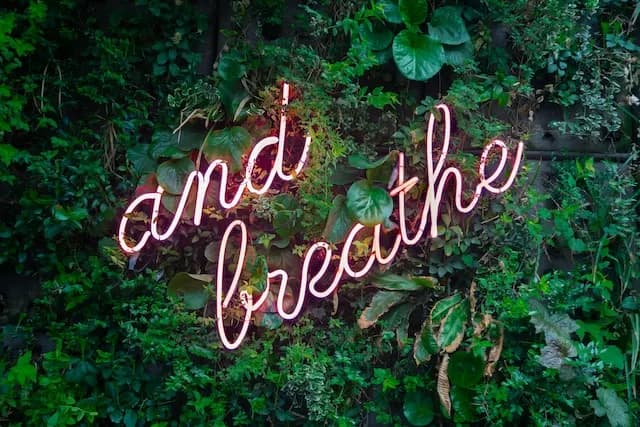Getting Your Needs Met

In my work with clients, something I often hear is that people aren’t asking for what they need in their relationships. This frequently leads to dissatisfaction and discord in the relationship.
A common misconception about relationships seems to be: “If the other person cares about and loves me, then they should know what I need or want.” This fantasy can wreak havoc on a relationship. Your partner, no matter how much they love and care about you, cannot read your mind. Your friend, no matter how close, cannot read your mind. Humans do not come with user manuals that guide outside personnel on how to handle each distinct interpersonal situation that may be encountered.
Below are several responses I hear when exploring the possibility of asking directly for what you need in a relationship.
- “I don’t know what I need” or “I have a hard time asking for what I need.” First of all, if you don’t know what you need, your loved one certainly won’t know what you need. Luckily, you don’t have to figure out what you need on your own; your loved one can be a part of the process. To begin, develop a list of things that you might want and then try asking for these things and see which is most helpful for you. Each time you make a request, whether or not your need feels fulfilled, you will learn something about yourself and your needs. If you’re unaccustomed to directly asking for your needs to be met, the act of asking will probably feel uncomfortable. The initial discomfort can be an indication that you’re practicing asserting your needs effectively.
- “My loved one’s action holds less meaning if I have tell him/her/they what I need” or “If I have to ask for what I want, then it means they don’t care.” This is simply untrue. For example, if a child asks his father for help with math homework, does this mean that the father doesn’t care about his child? No. If a wife asks her partner for a hug and kiss, this doesn’t mean the partner doesn’t love her. It means that the wife would like some affection in that moment. Let go of the narrative that asking your partner to fulfill a need means something about his/her/their love for you; it isn’t serving you or your relationship.
- “Why do I always have to ask for what I need?” First off, let’s avoid all-or-nothing qualifiers such as ‘always,’ ‘never,’ etc. There are going to be times where you don’t have to ask for a need to be met (i.e. you don’t have to ask the cashier at the grocery store to scan and ring up your bill when it’s your turn in line). Also, there may be needs that your partner is already filling without being asked, but your attention is hyper-focused on where they are falling short. After repeated requests for the same need to be met, perhaps your partner will catch on and will be able to meet your need without you having to verbalize it. However, as a human being, change is inevitable, which means our needs change, too. Furthermore, situations are nuanced and can result in a shift in needs, sometimes before we even realize that our need is different. It is unrealistic to expect a loved one to keep up with and fulfill our changing needs.
Can it be tiring, trying and challenging to ask for your needs to be met? Absolutely. But the alternative of hoping the other person reads your mind and offers you exactly what you need exactly when you need it also has its drawbacks. Begin to practice directly asking for what you need and notice the effects on your relationship.

